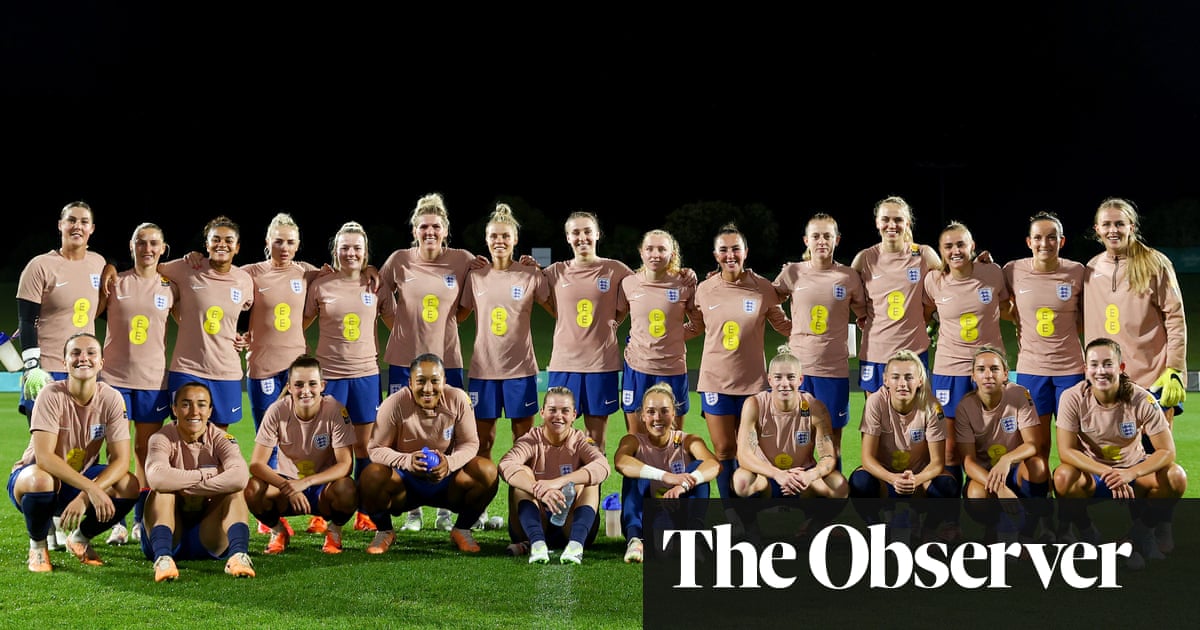
And so the curtain falls on Qatar 2022, indisputably one of the most dramatic World Cups in football history — both on and off the pitch!
In terms of the actual football, the suspense, the shocks and the superb performances by most teams were so exciting that even non-followers of the sport (such as myself) were hooked.
Indeed, from the historic Saudi victory over Argentina (making the Green Falcons the only team to defeat the new world champions), to the epic rise of Morocco to the semifinals, to Japan’s victory over Germany, it has been an unprecedented, nail-biting month for the sport.
Cynics give the host country, Qatar, credit for none of the above. They argue — perhaps correctly — that any achievements on the pitch are due solely to the efforts of the footballers themselves, their coaches, and perhaps the new drama brought by VAR technology that either reversed or validated so many decisive goal and penalty decisions.
As for the off-pitch drama, Qatar has clearly obtained value for money (a staggering $220 billion by most estimates) in publicity. Sadly, despite one of the most impeccably planned, safe and successful World Cups ever organized, most of that publicity was negative.
Of course, Qatar is aware of its shortcomings when it comes to human rights, to hosting terrorists wanted by the UN and the US, and to its previous government’s blatant attempts to interfere in its neighbors’ affairs. No sporting tournament can erase any of that. However, the only way to fix such problems is … to fix them; and we have seen pleasant winds of change blowing across the Gulf since the AlUla Agreement between Qatar and its GCC neighbors and Egypt in January 2021.
Nevertheless, my argument here is that accusations of “sportwashing” levelled repeatedly against Qatar in Western media, particularly British publications, are both short-sighted and hypocritical.
First, if Qatar did indeed spend all that money on enhancing its image, then what an incredible waste it was. As the Nation Brands Index founder Simon Anholt told Arab News in an interview in November, major events such as sport tournaments do nothing to enhance a country’s brand image. “The evidence is that running or hosting a big sporting event, such as the football World Cup or the summer Olympics, has no impact, generally speaking, on the image of the country, at least not beyond a few months,” he said. “Within about six months or so, people have forgotten about it.”
Accusations of "sportwashing" levelled repeatedly against Qatar in Western media, particularly British publications, are both short-sighted and hypocritical.
Faisal J. Abbas
Second, as the richest country in the world in terms of per capita GDP, Qatar doesn’t need to sportwash anything. I doubt that anyone in Doha is losing sleep about how they are perceived in, for example, London, when they already own swaths of the city; or about the loss of tourism when they don’t need the income, and don’t have enough hotel rooms for a viable tourist industry in any case.
Let me be clear: This is not so much a defense of Qatar as it is an attack on the mind-boggling double standards and hypocrisy of some of its critics in the UK. Leaving aside their deafening silence when the 2018 World Cup took place in Russia despite its annexation of Crimea and invasion of eastern Ukraine, it is a mystery why a World Cup in Qatar would bother British human rights activists more than the fact that the tiny Gulf state owns the crown jewels of their own capital city.
The British newspaper The Observer reported this month that the state of Qatar was the 10th-largest landowner in the UK, with nearly 2.1 million square meters of property. Among the holdings in the portfolio of the Qatar Investment Authority are the luxury Knightsbridge department store Harrods; Britain’s tallest building, the Shard, which was built with nearly £2 billion of Qatari investment; Forbes House mansion; Chelsea Barracks; and the Savoy and Grosvenor House hotels. It is also a co-owner of the Canary Wharf business district and has a 20 percent stake in Heathrow airport — and none of this includes the personal holdings of individual Qatari royals.
Surely, British based activists would have an easier time lobbying their government to block such investments than trying to prevent a sovereign state from hosting a football tournament.
I am not suggesting that British media should stop discussing human rights in Qatar; I am saying that, if you are going to do that, then concentrate on the issues that really matter — and let the rest of us enjoy the football!
• Faisal J. Abbas is Editor-in-Chief of Arab News.
Twitter: @FaisalJAbbas












